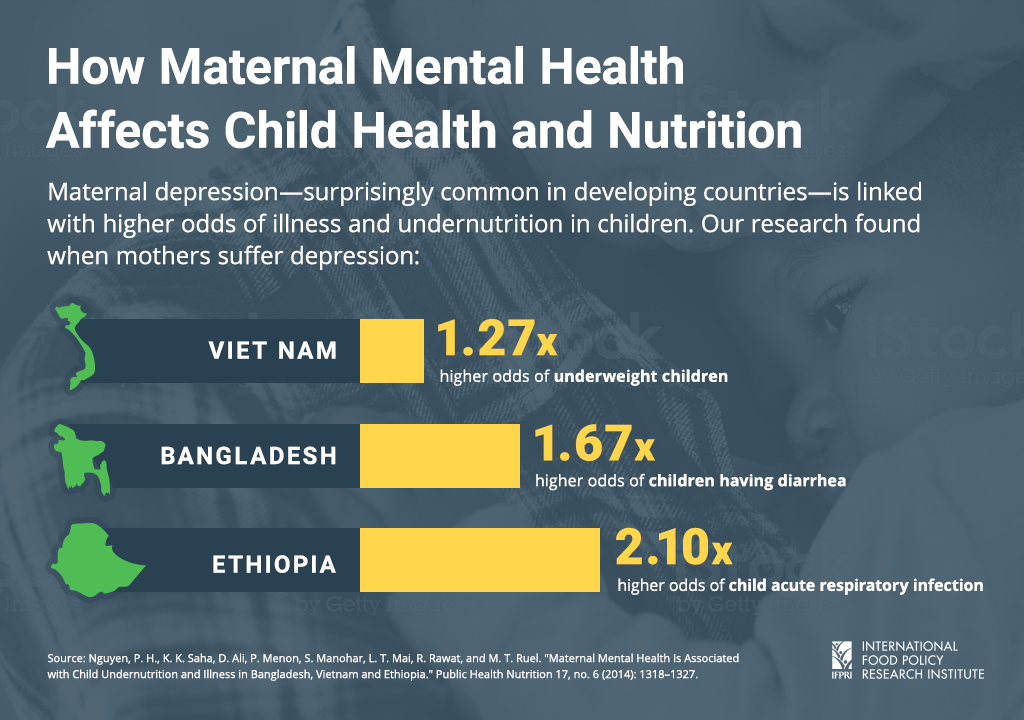See Renewal 101 for more ideas. Keep alcohol usage to a minimum and avoid other drugs. In some cases people use alcohol and other drugs to "self-medicate" however in reality, alcohol and other drugs just exacerbate issues. For more details, see Alcohol and Other Drugs. Looking for assistance is a sign of strength not a weakness.
Individuals who get suitable care can recuperate from psychological disease and addiction and lead full, gratifying lives. See Resources for Tension and Mental Health for campus and community resources. * Adjusted from the National Mental Health Association/National Council for Community Behavioral Health Care.
It can be really tough and heart-wrenching to see a loved one battling with signs of psychological health problem. And often it can be hard to know how to best help and support your loved one. Every individual is various and circumstances vary significantly. The individual may have a specific medical diagnosis, or you might just have issues about the way an individual has been talking and behaving.
Nevertheless, below are a couple of pointers and things to think about when you are trying to assist an enjoyed one. For example, withdrawal from social interaction, uncommon issues working at school, work or social activities or remarkable changes in sleep and cravings are possible indications. See more on Warning Signs of Mental Disorder.

However following up with an evaluation from a doctor could assist address any problems and prevent more serious signs from establishing. Among the hardest and essential steps may be just starting the discussion (how much does mental health counselors make). You do not need to be a specialist or to have the responses. Express your issue and desire to listen and be there for the individual.
Reassure them that you care about them and are there for them. Use "I" statements. For instance, usage "I am fretted about you," "I would like you to think about talking with a counselor." instead of "You are." or "You should." Attempt to reveal perseverance and caring and try not to be judgmental of their ideas and actions.
What Does Mental Health Mean - The Facts
Encourage them to talk with a mental healthcare service provider or with their main care provider if that would be more comfortable for them. For some people, it may be useful to compare the circumstance to a physical health concerns and how they would react. For example, if there was an issue about diabetes or hypertension would they be most likely to look for treatment? Remind them that looking for help suggests strength.

The more you comprehend about conditions, signs, possible treatments and what to anticipate, the better you will be able to support your liked one. However, thoroughly think about sources of details online. Similar to any subject, the quality of details readily available online varies a good deal. (See resource list listed below.) Try to prepare for and help attend to any possible barriers to the individual seeking help.
For instance, make it much easier for the private by investigating potential therapists, hours, areas and insurance coverage related concerns. If you believe they might be barriers, address possible issues with transport, childcare, methods for communicating with an employer, etc. While you're concentrating on helping your loved one, it's also crucial to look after yourself physically and emotionally.
Recognize and acknowledge the limitations of what you can offer. Blogger Victoria Maxwell composes: "When my mom was ill with the swings of extreme anxiety, mania, and anxiety, I was worried in addition to upset. I needed somebody outside the family to easily discuss my aggravations and harmed without the worry of upsetting her.
NAMI provides both a training program for families (Family to-Family) and ongoing peer-led support system for member of the family. NAMI Family-to-Family is a totally free, 12-session curriculum for family and pals of individuals living with mental disorder. It is an evidenced-based program taught by NAMI-trained household members who have been there.
NAMI Household Support System is a peer-led assistance group for household members, caretakers and enjoyed ones of individuals coping with mental disorder. They are free and private. Find a NAMI Family Assistance Group near you here. It is essential to have practical expectations. Recovery is typically not a straight-forward process, there will be likely be enhancements and obstacles along the way.
More About What Is A Mental Health Assessment
Even if you feel your support and actions are not making a difference, they are most likely making a distinction for your good friend or relative. You loved one may be hurting and not clearly recognize what you're doing or may not be able to reveal appreciation. But understanding you are there for them can be essential in assisting their healing.
Simms, K. "Tips for Assisting a Loved One Look For Mental Health Care, From the Individual Who Helped Me." The Mighty.com.
If you think that you, or someone you're close to, might have psychological health problems, you've already taken the initial step, which is to observe that something doesn't seem right. For example, somebody might appear depressed, distressed, see or hear things that aren't there, abuse drugs, or have other issues with thinking.
Once you do, you can learn what's going on and begin to improve. The sooner you do it, the much better. Like lots of other medical conditions, mental diseases are typically most convenient to deal with when they remain in the early phases. If it's an emergency-- for example, someone is suicidal or in a crisis-- call 911. If it's not an emergency, start with your regular medical professional.
If you are physically fine, he will likely refer you to a mental healthcare expert-- somebody trained in treating mental health. If you have medical insurance, discover out what your plan covers. which of the following is most strongly associated with mental health?. Your company may provide an "Worker Assistance Strategy" (EAP) that offers counseling, too. If you are a veteran, the VA system likewise has resources.
They are sometimes called general practionioners. Doctor assistant (PA): These caretakers are not medical professionals, but they are trained https://transformationstreatment1.blogspot.com/2020/07/obsessive-compulsive-disorder-delray.html to recognize signs of mental disorder and to deal with psychological conditions under a doctor's guidance. Nurse professional: These registered nurses (Registered nurses) https://transformationstreatment1.blogspot.com/2020/07/depression-mood-disorders-delray-beach.html have additional training, consisting of some background in dealing with psychiatric issues. Psychiatrist: These are medical doctors (MDs) who concentrate on the medical diagnosis and treatment of mental disorders.
Everything about How Stigma Interferes With Mental Health Care
They are also trained in psychiatric therapy, a form of counseling or "talk therapy." Psychologist: These professionals aren't MDs, but they have advanced degrees in psychology (PhD or PsyD). They are trained in counseling, psychotherapy, and psychological screening. They can not prescribe drugs to deal with mental disorders except in particular states. Social employee: These specialists can offer therapy services and social service needs.
Psychiatric nurse specialist: These are registered nurses (Registered nurses) who concentrate on dealing with psychological or psychiatric health problems. You will wish to work with someone you feel comfy talking with. What you say is private unless somebody's security is at stake or unless a court order is involved (how to become a psychiatric mental health nurse practitioner).
As the variety of people detected with mental health concerns such as depression rises to brand-new highs, the requirement for medical services to treat them is growing too. Around 56 percent of American grownups with a mental disorder do not receive treatment. There's also evidence of a dire absence of treatment amongst teenagers, with the CDC reporting that the suicide rate for teens is escalating.